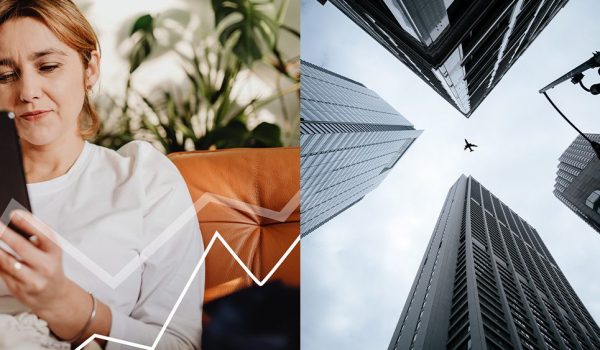
Tax liability is the money you must pay to the government, specifically Her Majesty’s Revenue & Customs (HMRC) on any profits made from your property business in the UK. This is calculated on an annual basis and the money is due after April each year. It tends to be split into two instalments throughout the year and can be paid either online, by bank transfer or by cheque.
If you operate as a sole trader, then you fill in a self-assessment form (written or electronically). The former has to be in by the end of October and the latter by the end of January, otherwise penalties will occur. If you are operating your property interests as a limited company, then you’ll pay corporation tax rather than income tax. As an overseas investor, it’s a good idea to have a UK accountant who can keep you up to date with any changes and send in the form for you.
Examples of income tax liability
There are three rates at which income tax is charged at in the UK – Basic, Higher and Additional rate. These are 20 per cent, 40 per cent and 45 per cent respectively. You will be eligible to pay the lowest amount if your income is no more than £46,350, the next rate if it’s less than £150,000 and the additional rate if it’s more than £150,000 a year.
If you bought a property at £150,000 cash, for instance, you may have received rental income from it of £5,000 per annum minus management charges of £1,500. If your salary is around £65,000 per annum, then your profit from property incurs a 40 per cent income tax charge. This would be 40 per cent of £3,500 which is £1400. The total profit is then £2,100.
How capital gains are taxed
Capital gains tax is charged when you sell a property that you don’t live in i.e. it’s not your main residence. This tax is charged at a fixed rate of 18 per cent for a basic tax rate payer and 28 per cent for higher or additional rate payers. It is the profit you make (i.e. the difference between what you bought the property for and its sale value, minus any allowable deductions, that is taxed). For basic tax payers there is an allowance of £11,700 before you have to start paying tax. It’s the amount after this that is eligible for the 18 or 28 per cent.
The type of deductions you can make are Stamp Duty you paid when you originally bought the property, and any money spent on renovating it to a higher standard, e.g. building a loft extension. You can also claim for marketing costs to sell the property and the solicitor or conveyancer fees.
Over or under-paying tax
If you believe you have paid too much tax then you can apply to claim this back by going to the government’s website. There, you will be able to fill out an application form online. This will be checked and you’ll be notified if this is the case and the money returned.


